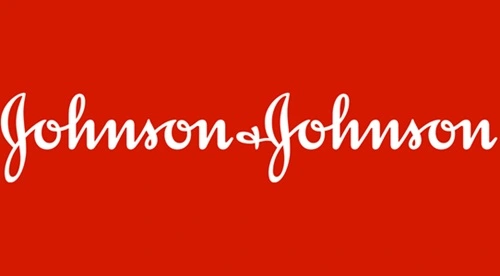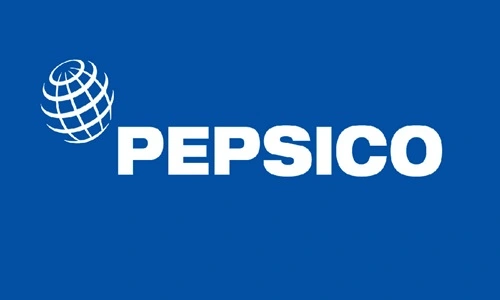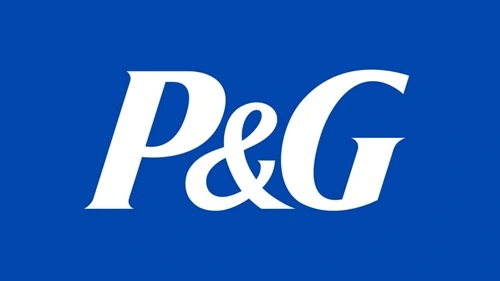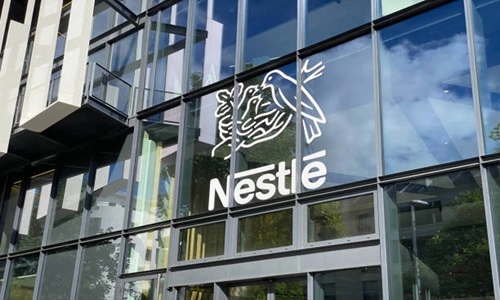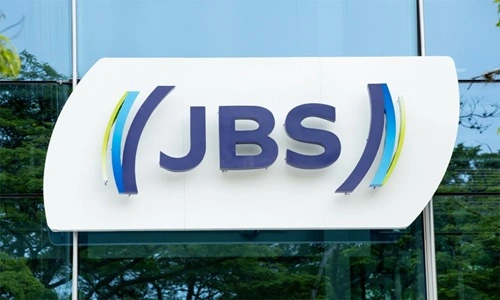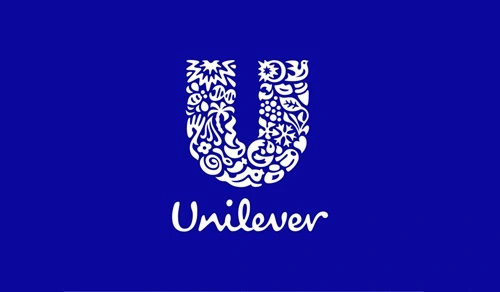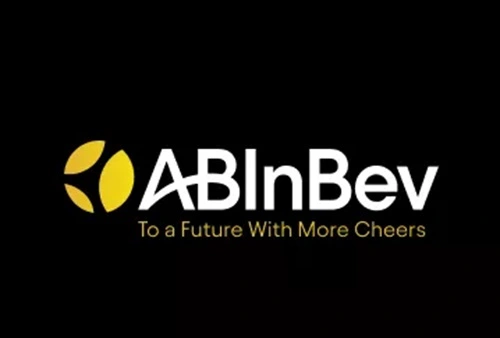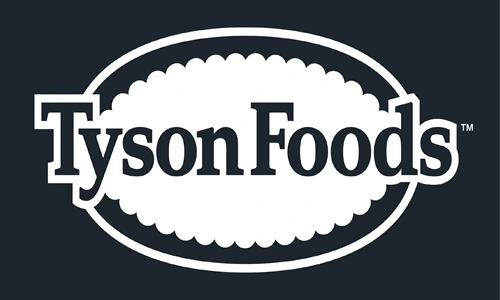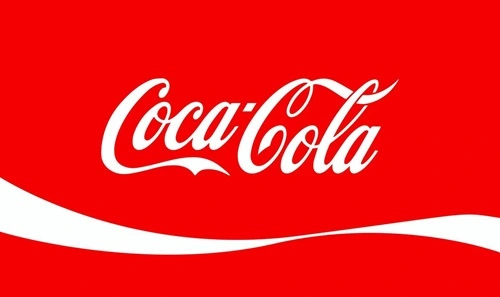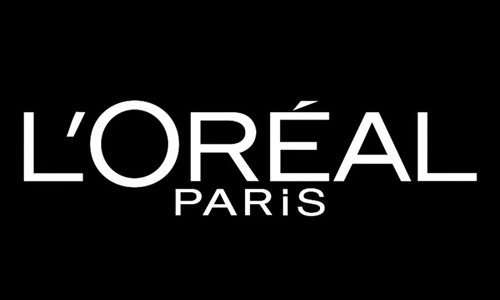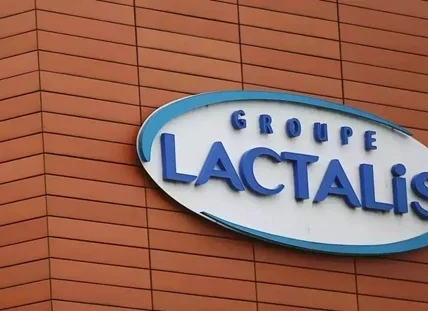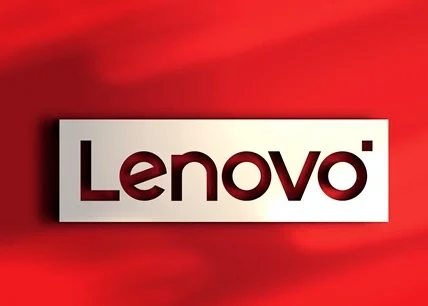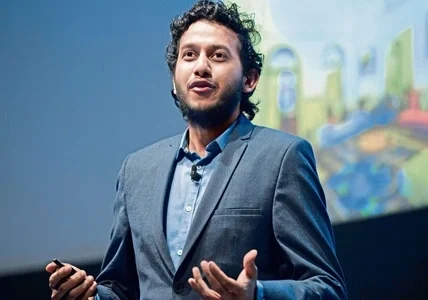Since the Covid Pandemic took place, there has been a rapid change among the Fast-Moving Consumer Goods (FMCG) industry as they are trying to reshape their services as per the convenience of the customers. But how are they doing so? As per the experts, they are making use of the most updated solutions of sustainability and eco-friendliness. Through their packaging solutions and digitized services they are making this possible, earning the trust and confidence of the customers more than ever. This is also increase the landscape for competition and the search for better services. The use of better technology and better service solutions are perfect for the following top 10 FMCG Brands we will be talking about.
1. Johnson & Johnson:
Revenue: $ 94 billion
Healthcare giant Johnson & Johnson sells $94 billion globally. The New Brunswick, New Jersey company distributes medications, medical devices, and consumer healthcare. From prescription drugs to Band-Aids and Tylenol, J&J leads medical innovation while being sustainable and socially responsible. Johnson & Johnson can provide consumer wellness goods and life-saving medical technology and therapies with this varied approach. They study, develop, and deliver cutting-edge remedies to improve world health. Johnson & Johnson promotes social responsibility beyond its primary business. Public health, environmental sustainability, and ethical business practices are promoted by the company.
2. PepsiCo:
Revenue: $ 86 billion
Imagine a world without Pepsi, Lay’s, or Tropicana! Pretty boring, huh? The $86 billion food and beverage corporation PepsiCo can help. Fizzy drinks, salty snacks, and refreshing liquids are sold together. Taking a bag of Lay’s to a picnic or a can of Pepsi to quench your thirst on a hot day shows PepsiCo’s power and reach. They’re more than delectable treats. Like its friendly rival Coca-Cola, they’re fierce competitors who want to win. Healthy competition keeps both companies evolving, bringing new and exciting tastes and products to market, keeping customers pleased and refreshed. PepsiCo transcends money. Improving the earth is their goal.
3. Procter & Gamble:
Revenue: $ 80 billion
Imagine a world without Pepsi, Lay’s, or Tropicana! Pretty dull, huh? PepsiCo, worth $86 billion, can assist. Soda, salty food, and refreshing liquids are marketed together. Bringing Lay’s to a picnic or Pepsi to quench your thirst on a hot day displays PepsiCo’s strength and reach. They’re more than tasty snacks. Similar to Coca-Cola, they’re ardent competitors that want to win. Healthy rivalry keeps both firms pushing the envelope, introducing new and intriguing flavours and products to keep consumers happy. Pepsi surpasses cash. Improve the planet is their objective. PepsiCo Foundation helps communities worldwide and decreases environmental impact. Support a worldwide assistance group with a Pepsi or Lay’s.
4. Nestle AG:
Revenue: $ 74 billion
Want a KitKat or Nescafé in the morning or after a long day? You’ve interacted with Nestle, a $74 billion food and beverage giant! The company sells in 180 countries. Discuss global dominance? Nestle conjures Swiss chocolates and premium coffee. They go beyond sweets. Their comprehensive line includes bottled water, infant formula and more. Nestle has water, coffee, and desserts. The good news continues! Sustainability is another Nestle focus. Their “Creating Shared Value” project targets environmental and social issues. They’re about making money and changing the planet. Nice, huh? Buy Nestle products to support a company trying to change the world.
5. JBS:
Revenue: $72 billion
Global second-largest food firm JBS earns $72 billion yearly! Due to its huge consumer base in over 150 countries, you’ve seen its meat and poultry. JBS has famous billion-dollar brands that are household names in numerous countries and is noted for quality and brand recognition. JBS delivers more than excellent food. They help their communities because they recognise how they effect them. They encourage food processing, sustainability, and local economies. They want to better the world’s future, not just feed it. This global leader with a big heart may provide your next delicious steak!
6. Unilever:
Revenue: $ 64 billion
FMCG behemoth Unilever sells $64 billion. With 300 beloved brands in 190 countries, it leads personal care, homecare, and food. Unilever’s brands include Dove, which cleans gently, and Knorr, which makes delectable bouillon cubes. Several factors helped the firm succeed. First, Unilever carefully chooses brand acquisition partners to boost its offerings and market position. Second, to assure worldwide product availability and distribution, the company has heavily invested in a robust and efficient supply chain network. Unilever’s commitment goes beyond money. Sustainability and social responsibility help the company reduce its environmental impact and improve its community.
7. AB InBev:
Revenue: $ 55 billion
Feeling thirsty? Have you tried Budweiser on a hot day or a Corona with a lime wedge on vacation? You know $55 billion beverage giant AB InBev! They dominated the beer business with SABMiller after coming from Belgium and Brazil. AB InBev goes beyond quantity. Budweiser and Corona aficionados may find something they like among their roughly 500 brands. Their beers are popular globally. AB InBev expands beyond beer. Much is given back! They promote sustainability and renewable energy to help the environment. They are a top employer and cherish employees. Next time you drink their beer, know that you’re helping a company become greener and more positive.
8. Tyson Foods:
Revenue: $ 53 billion
Tyson Foods, a significant American chicken and meat producer, sells $53 billion. Tyson Foods successfully meets worldwide culinary needs with quality and innovation. Quality-focused Tyson Foods sets the benchmark for food sector excellence. American economic powerhouse Tyson Foods promotes local economies and communities. Jobs created by the company’s broad production and distribution network empower individuals and enhance local economies. Tyson Foods strengthens society by emphasising local engagement and investment. The firm stands out for its philanthropy and CSR. Recognising the importance of giving back, the company supports various philanthropic efforts to enhance communities and alleviate social challenges. Tyson Foods has a positive impact via charity, volunteering, and strategic collaborations.
9. Coca-Cola:
Revenue: $ 43 billion
Coca-Cola, a global beverage leader, makes refreshing beverages. The company serves worldwide customers with over 500 brands and $43 billion in revenues. Coca-Cola, Diet Coke, and Fanta are sold and frozen in over 200 countries. Beyond its financial success, Coca-Cola is noted for its sustainability and social impact. The company encourages water conservation for environmental reasons. Their efforts have reduced water usage and replenished reserves. Coca-Cola is also actively promoting social reform. Prioritise women’s economic empowerment. They support women entrepreneurs and teach them business skills via various initiatives. Civic duty enhances lives and communities.
10. L’Oréal S.A.:
Revenue: $ 40 billion
The cosmetics pioneer L’Oréal has over 34 brands and $40 billion in sales. L’Oréal’s decades of innovation have raised beauty and skincare standards globally. L’Oréal, a pioneer, makes products that improve beauty, self-confidence, and well-being worldwide. Ethics and business responsibility are L’Oréal’s basic beliefs. By following high quality standards and stressing sustainability, L’Oréal ensures its products meet industry standards and help society. With projects like “For Women in Science” that reward female researchers, L’Oréal empowers women and enhances scientific diversity. Strategic acquisitions and partnerships keep L’Oréal creative and socially responsible. L’Oréal stays ahead of the curve by seeking innovative technologies and trends for its beauty and skincare products. L’Oréal partners with industry experts and invests in R&D to create beauty products and suit client needs.
Conclusion
It is a fact that the FMCG brands mentioned above are quite hell bent on making sure that their products are offered in the right manner as per the requirement of the customers. Use of the AI and IoT along with the technology of 3D printing solutions is giving these brands an edge, something that works perfect in the present time. This is where the perfection of these companies comes.

Brandon is the cheif editor and writer at WorldUnfolds.com. With a passion for storytelling and a keen editorial eye, he crafts engaging content that captivates and enlightens readers worldwide.

